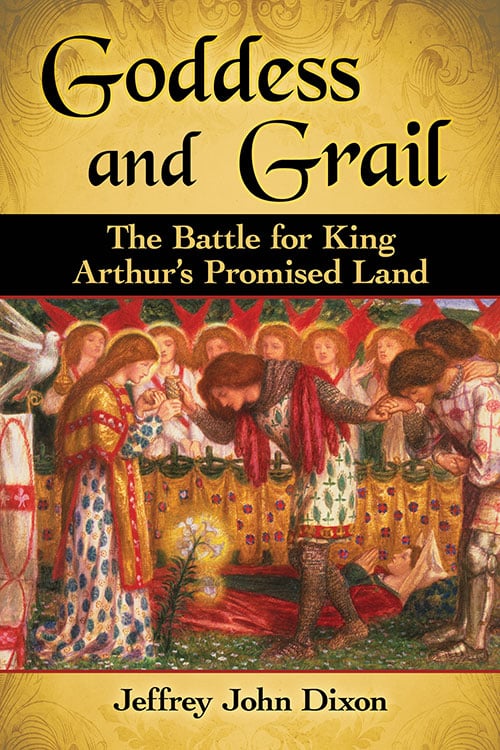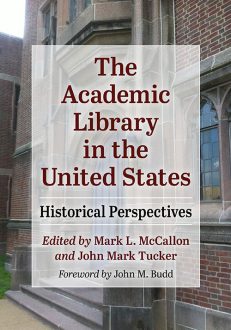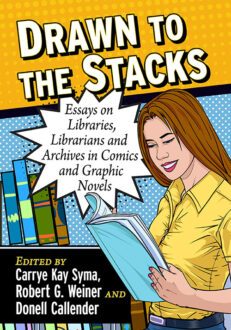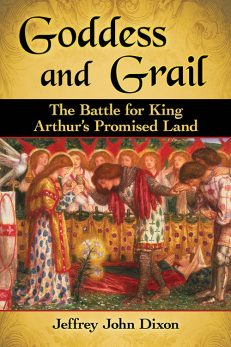Goddess and Grail
The Battle for King Arthur’s Promised Land
$19.99
In stock
About the Book
The early chroniclers of Britain presented the island as the promised land of the Roman goddess Diana. Later, when the story of Arthur was transformed by Christian mythology, a new literary concept of the island was promoted: the promised land of the Holy Grail. As the feminine enchantment of the Goddess gave way to the masculine crusade of the Grail Quest, the otherworld realms of the fays or fairy women were denigrated in favor of the heavenly afterlife. The dualism of the medieval authors was challenged by modern writers such as Blake and Tolkien. This book explores the conflict between Goddess and Grail—a rift less about paganism versus Christianity than about religious literalism versus spiritual imagination.
About the Author(s)
Bibliographic Details
Jeffrey John Dixon
Format: softcover (6 x 9)
Pages: 272
Bibliographic Info: appendix, notes, bibliography, index
Copyright Date: 2017
pISBN: 978-1-4766-6866-6
eISBN: 978-1-4766-2928-5
Imprint: McFarland
Table of Contents
Preface 1
Introduction—The Other World of the Gods 5
Prologue—From Eden to Albion 15
Part 1. Mythological Roots 19
One: A Mighty Goddess 20
Two: The Lady of the Rings 31
Three: The Otherworld Bride 44
Four: Fate and Faerie 58
Five: A Woman’s Wiles 69
Six: The View from Fortune’s Wheel 87
Interlude • The Deceitful Savior 98
Part 2. Realms of Symbolism 123
Seven: By This Sign, Conquer 124
Eight: The Prophet of the Grail 137
Nine: Moon Magic 153
Ten: The Marvels of the Holy Grail 171
Eleven: Mountains of Heresy 186
Twelve: An End to Adventures? 203
Epilogue—From Albion to Avalon 223
Appendix—Tolkien’s Lonely Isle 231
Chapter Notes 239
Bibliography 247
Index 253
Book Reviews & Awards
“Dixon’s detailed knowledge of medieval and early modern English literature is obvious.. Dixon has created a thought-provoking, interdisciplinary view of the Arthurian tradition, one that should interest a wide audience of scholars”—The Medieval Review






